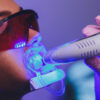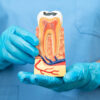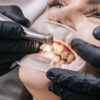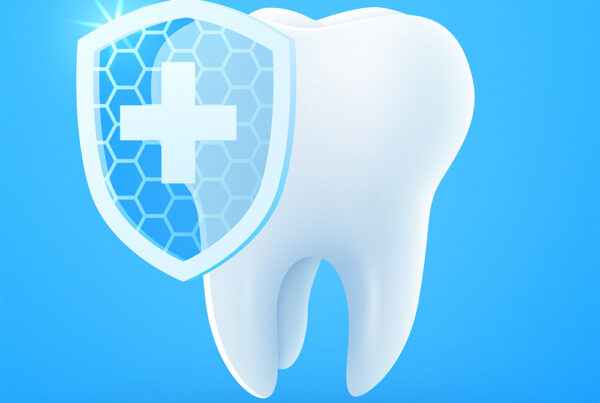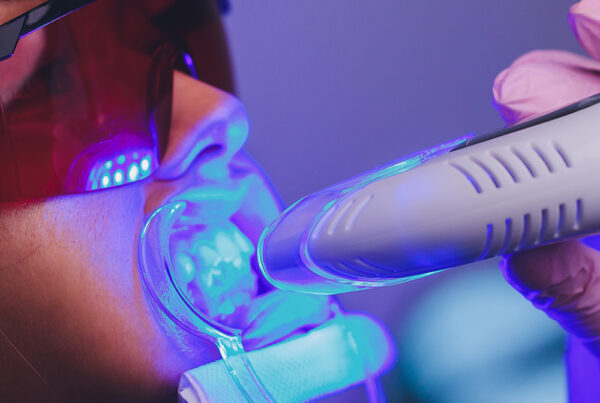Table Of Content
What Are The Benefits Of Dental Tourism?
Dental tourism is becoming increasingly popular as a way to save money on dental care. With the cost of dental treatments rising in many countries, people are looking for ways to save money and still get quality care. Dental tourism is an attractive option for those who want to receive quality care at a fraction of the cost. Here are some of the benefits of dental tourism:
Cost Savings
One of the main reasons people choose dental tourism is to save money on their dental treatments. The cost of dental treatments can be significantly lower in other countries than they are in your home country, making it an attractive option for those who need extensive work done or who don’t have insurance coverage.
Quality Care
Many people worry that they won’t receive quality care when they travel abroad for their dental treatment, but this isn’t necessarily true. In fact, many countries have highly trained dentists and use advanced technology that can provide excellent results. Additionally, many countries have stringent regulations regarding patient safety and quality control, so you can rest assured that you will be receiving quality care no matter where you go.
Variety of Treatments
Dental tourism gives you access to a variety of treatments that may not be available in your home country. For example, some countries offer advanced procedures such as laser dentistry or cosmetic dentistry that may not be available in your area or may be too expensive for you to afford at home.
Convenience
Traveling abroad for your dental treatment can also be more convenient than going to a local dentist office since you don’t have to worry about taking time off from work or finding childcare while you are away from home. Additionally, many countries offer packages that include flights and accommodations so you don’t have to worry about arranging these things yourself either.
Relaxation
Going on vacation while getting your dental treatment done can also give you a chance to relax and enjoy yourself during what could otherwise be a stressful experience. You can take advantage of the sights and sounds around you while still getting the necessary treatment done at the same time!
Overall, there are many benefits associated with choosing dental tourism as an option for receiving quality care at an affordable price point without sacrificing convenience or relaxation time during your trip abroad! If you are considering traveling abroad for your next dental appointment, make sure to do plenty of research beforehand so that you know exactly what kind of treatments are available and how much they will cost before booking anything!

Is It Safe To Have Dental Treatment Abroad?
When it comes to dental care, many people are turning to countries like Mexico, Costa Rica, and Thailand for more affordable treatments. But is it safe to have dental treatment abroad?
The answer is yes – if you do your research and choose a reputable clinic. With the right preparation and precautions, you can enjoy quality dental care at a fraction of the cost of domestic dentistry.
Before deciding on a destination for your dental work, it’s important to research the qualifications of any dentist or clinic you’re considering. Check that they are certified by an international accreditation body such as the Joint Commission International (JCI) or International Organization for Standardization (ISO). These organizations ensure that clinics meet global standards in patient safety and quality of care. It’s also wise to read online reviews from past patients before making your decision.
Once you’ve chosen a clinic, make sure you understand exactly what type of treatment you need and how much it will cost. Ask questions about the materials used and inquire about any additional fees that may be involved in the procedure. You should also check if there are any guarantees on the work performed.
When travelling abroad for dental treatment, it’s important to plan ahead and prepare for any unexpected costs or complications that may arise during your stay. Make sure you have adequate travel insurance that covers medical expenses in case something goes wrong during your trip. It’s also advisable to take out a separate policy specifically covering dental procedures if possible.
It’s essential to be aware of potential risks associated with having dental work done abroad. Infection control protocols may not be as strict as those in your home country, so make sure the clinic follows proper sterilization procedures and uses new equipment for each patient. In addition, language barriers can sometimes cause communication issues between patients and dentists, so try to find someone who speaks both English and Spanish if possible.

How Much Money Can I Save With Dental Tourism?
Are you looking for a way to save money on dental care? Dental tourism is an increasingly popular option for people who want to save money on their dental procedures. With dental tourism, you can get quality dental care at a fraction of the cost of what you would pay in your home country.
Dental tourism involves traveling to another country for your dental care. It is becoming increasingly popular as more and more people realize the potential savings that can be had by taking advantage of lower costs abroad. Depending on where you go, you could save up to 70% or more off the cost of your procedure.
When considering dental tourism, it’s important to do your research and make sure that the dentist and facility are reputable and qualified to perform the procedure you need. You should also look into the cost of travel and accommodations so that you know exactly how much money you will be saving overall.
The most common countries for dental tourism are Mexico, Costa Rica, Hungary, Poland, Thailand, India, Malaysia, and Turkey. These countries offer quality dentists at a fraction of the cost compared to those in other countries such as the United States or Canada.
The savings from dental tourism can be significant depending on what type of procedure you need done. For example, a root canal in Mexico might cost around $400 while it could cost up to $1,500 in the US. A crown might run around $600 in Mexico while it could easily reach over $2,000 in the US or Canada. And braces may only cost around $2,000 in Mexico while they can easily exceed $5-7000 elsewhere!
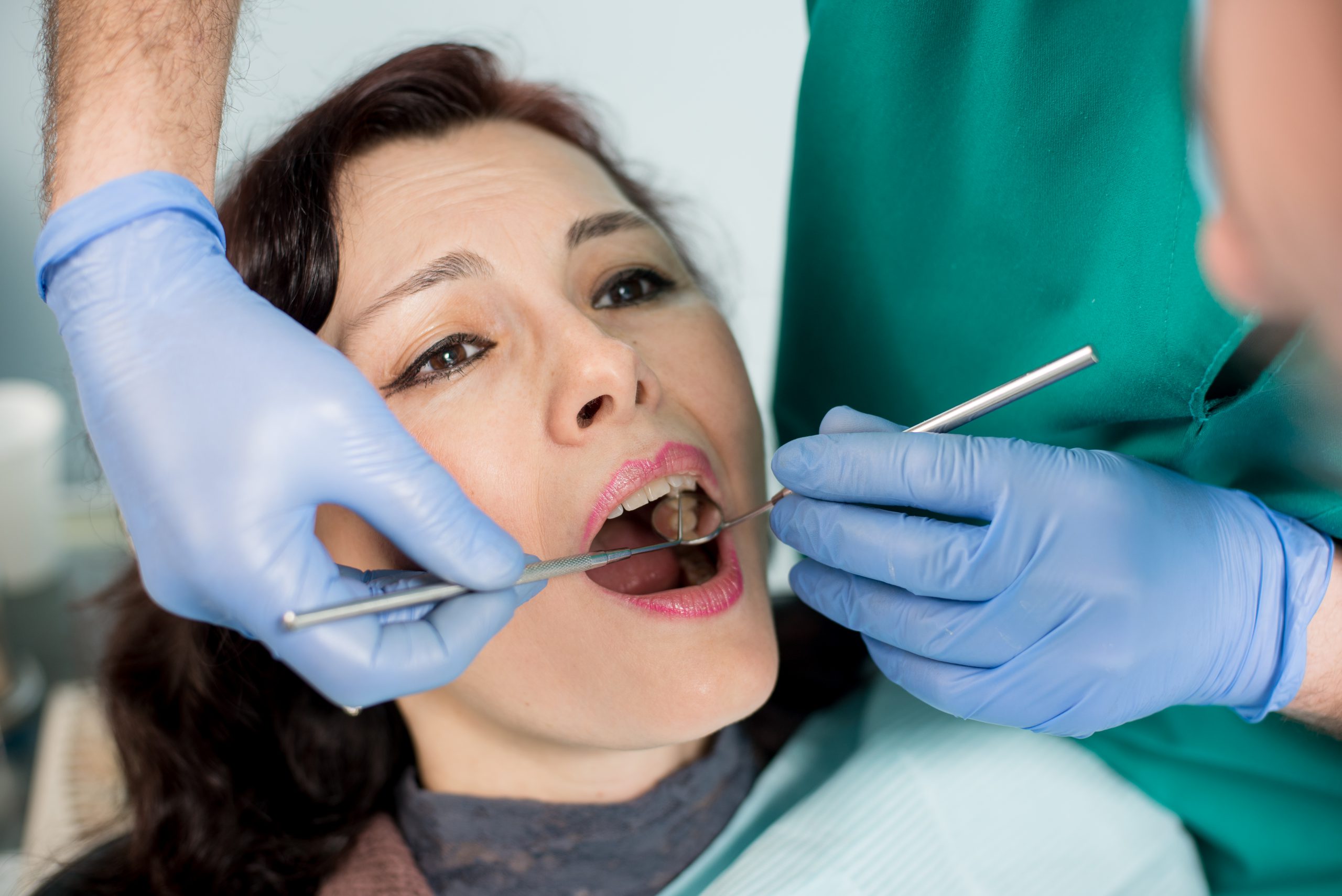
What Types Of Treatments Are Available Through Dental Tourism?
Different countries offer different types of treatments and levels of care, so it’s important to do your research before committing to any particular destination or procedure. Here are some of the most common types of treatments available through dental tourism:
-
Implants
Implants are one of the most popular procedures offered through dental tourism. They involve placing artificial teeth into the jawbone in order to replace missing teeth or improve existing ones. Implants can be used for single tooth replacement or multiple teeth replacement. The cost of implants varies greatly depending on the type of implant chosen and where you choose to have them placed.
-
Crowns
Crowns are used to cover damaged or decayed teeth in order to restore their appearance and function. Crowns can be made from porcelain, metal alloys, or composite materials. The cost of crowns also varies depending on material used and where they are placed in your mouth.
-
Bridges
Bridges are a type of restoration that is used when there is more than one missing tooth in a row. They involve attaching an artificial tooth (or pontic) between two healthy teeth (abutment teeth). Bridges can be made from metal alloys, porcelain-fused-to-metal (PFM), or zirconia-based ceramics. The cost will depend on which material is chosen and how many bridges need to be placed in your mouth.
-
Veneers
Veneers are thin shells that are placed over existing teeth in order to improve their appearance and shape. Veneers can be made from porcelain or composite materials and can help correct issues such as chips, cracks, discoloration, misalignment, gaps between teeth, etc.. The cost will depend on which material is chosen and how many veneers need to be placed in your mouth.
-
Invisalign
Invisalign is an orthodontic treatment that uses clear aligners instead of traditional braces in order to straighten crooked teeth without using brackets or wires. Invisalign aligners must be changed every two weeks until desired results are achieved; therefore costs may vary depending on how long treatment takes for each individual patient’s needs .
In addition to these common treatments offered through dental tourism, there may also be other specialized services available depending on where you choose to travel for your treatment(s). For example, some countries may offer laser dentistry services such as laser whitening or laser gum contouring; while others may provide orthodontic treatments such as lingual braces (braces behind the teeth) or clear aligner therapy (Invisalign). It’s important to research all options thoroughly before making any decisions about which destination you would like to visit for your treatment(s)

How Do I know If The Quality Of Care Is Good In A Foreign Country?
When it comes to medical care, quality is always a top priority. But when you’re considering treatment in a foreign country, it can be difficult to know if the quality of care will meet your expectations. Fortunately, there are some steps you can take to ensure that the care you receive abroad is of the highest standard.
First and foremost, do your research. Find out as much as you can about the country’s healthcare system and any specific hospitals or clinics that you may be considering for treatment. Look into their accreditation status, read reviews from previous patients, and ask around for recommendations from people who have received care in the country before.
Next, check to see if the facility has been certified by an international organization such as Joint Commission International (JCI). This certification indicates that the hospital meets certain standards for patient safety and quality of care. It also means that they are held accountable for maintaining these standards over time.
It’s also important to make sure that any doctors or nurses providing treatment are properly qualified and experienced in their field. Ask about their credentials and look into any relevant certifications or licenses they may have obtained from professional organizations or government bodies. You should also inquire about their experience with treating similar conditions to yours so that you can feel confident in their ability to provide effective care.
Finally, consider whether the hospital offers access to modern technology and equipment that is necessary for providing high-quality care. This includes things like MRI machines, CT scanners, and other advanced diagnostic tools as well as up-to-date treatments such as robotic surgery or minimally invasive procedures. The more advanced technology available at a facility, the better equipped they will be to provide high-quality care.

Is Travel Insurance Necessary When Undergoing a Procedure Abroad?
Traveling abroad for medical procedures can be an exciting and rewarding experience. However, it’s important to make sure you’re properly protected in case of any unexpected events or complications. That’s why travel insurance is a must-have when undergoing a procedure abroad.
Travel insurance is designed to provide financial protection in the event of an emergency while traveling. It can cover things like medical expenses, trip cancellation, lost luggage, and more. This type of coverage is especially important when traveling for medical procedures since you may need additional care or treatment if something goes wrong during the procedure or recovery period.
When considering travel insurance for a procedure abroad, it’s important to look at the policy details carefully. Make sure the policy covers any pre-existing conditions that could be related to your procedure and also covers any complications that may arise during or after the procedure. Also check to see if there are any exclusions related to your particular procedure or destination country.
It’s also important to make sure you understand how much coverage you have and what types of costs are covered by your policy. For example, some policies may only cover medical expenses up to a certain amount while others may include additional benefits such as evacuation services or repatriation costs if needed. Knowing exactly what is covered will help ensure that you have adequate protection in case of an emergency while traveling abroad for a medical procedure.
In addition to looking at the details of your policy, it’s also important to make sure you have all necessary documents before leaving on your trip. Make sure you bring copies of all relevant medical records and documentation with you so that they can be easily accessed if needed during your trip. Additionally, consider bringing contact information for local hospitals and doctors just in case you need assistance during your stay abroad.
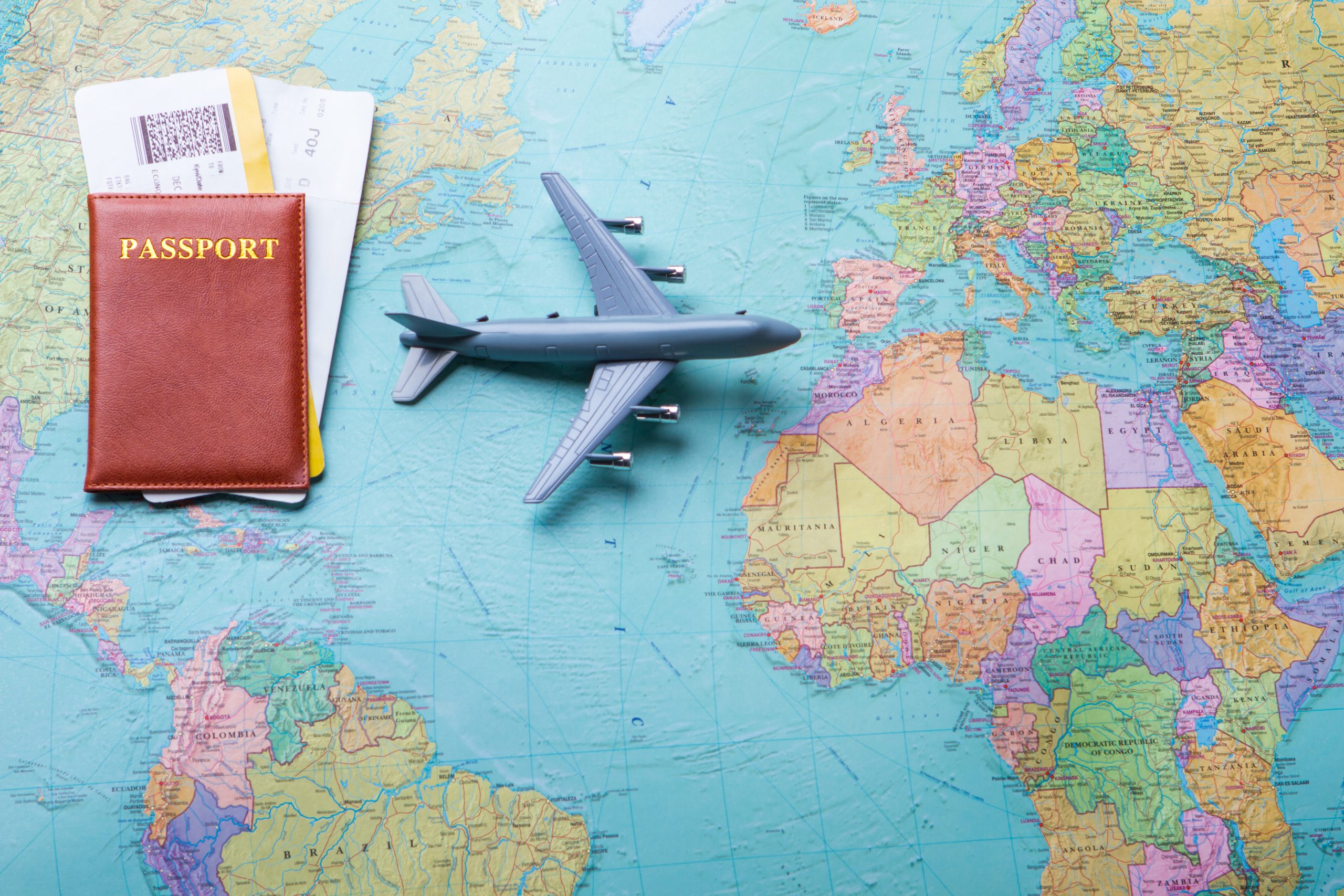
What Kinds of Support Services are Available to Dental Tourism Patients?
Patients can access a wide range of support services that make the experience of traveling for medical care easier and more comfortable. From travel assistance to financial aid, these services can help make the process of receiving medical care abroad less stressful and more successful.
Travel Assistance On Dental Tourism
One of the most important support services available to patients who choose to have their treatment abroad is travel assistance. This includes helping with visa applications, booking flights, arranging transportation from the airport to the hospital or clinic, and making hotel reservations. Travel agents specializing in medical tourism can provide invaluable assistance in navigating the complexities of international travel.
Financial Aid On Dental Tourism
Many hospitals and clinics offer financial aid for those seeking medical treatment abroad. This may include discounts on flights, lodging, and other expenses related to traveling for medical care. Additionally, some insurance companies will cover part or all of the cost of medical treatments received outside of one’s home country. It is important to check with your insurance provider before making any decisions about having your treatment abroad.
Language Assistance On Dental Tourism
For those who are not fluent in the language spoken at their destination, language assistance can be a great help in navigating the healthcare system abroad. Many hospitals and clinics offer translation services so that patients can communicate effectively with doctors and nurses during their stay.
Cultural Support On Dental Tourism
In addition to language assistance, cultural support is also available for those seeking medical care abroad. Cultural advisors can provide information about local customs and traditions that may affect how one interacts with healthcare providers in another country. They can also provide guidance on how best to navigate cultural differences between countries when it comes to receiving medical care.
Medical Coordinators
Medical coordinators are another valuable resource for those seeking medical care abroad. These professionals specialize in helping patients plan their trips and coordinate appointments with healthcare providers at their destination country’s hospitals or clinics. They also assist with paperwork related to visas and insurance coverage as well as providing emotional support throughout the process of receiving treatment overseas.
Online Resources
Finally, there are numerous online resources available for those considering traveling for medical care abroad such as websites offering advice on selecting a hospital or clinic as well as forums where patients can share experiences about having treatments done overseas. Additionally, many organizations dedicated to promoting safe and ethical practices within the field of medical tourism offer online resources such as information about legal requirements for obtaining visas or arranging health insurance coverage while traveling overseas for medical care.


